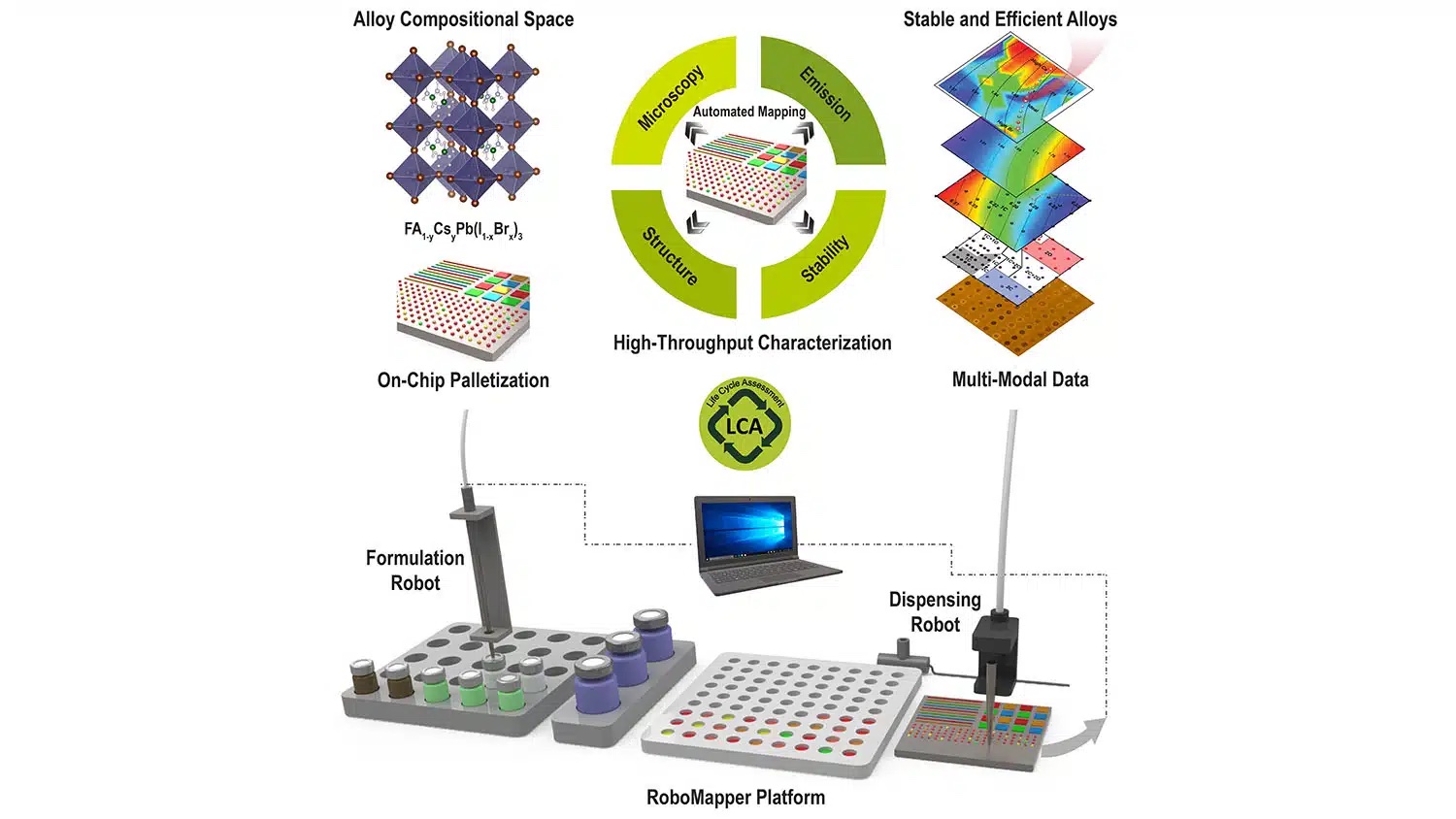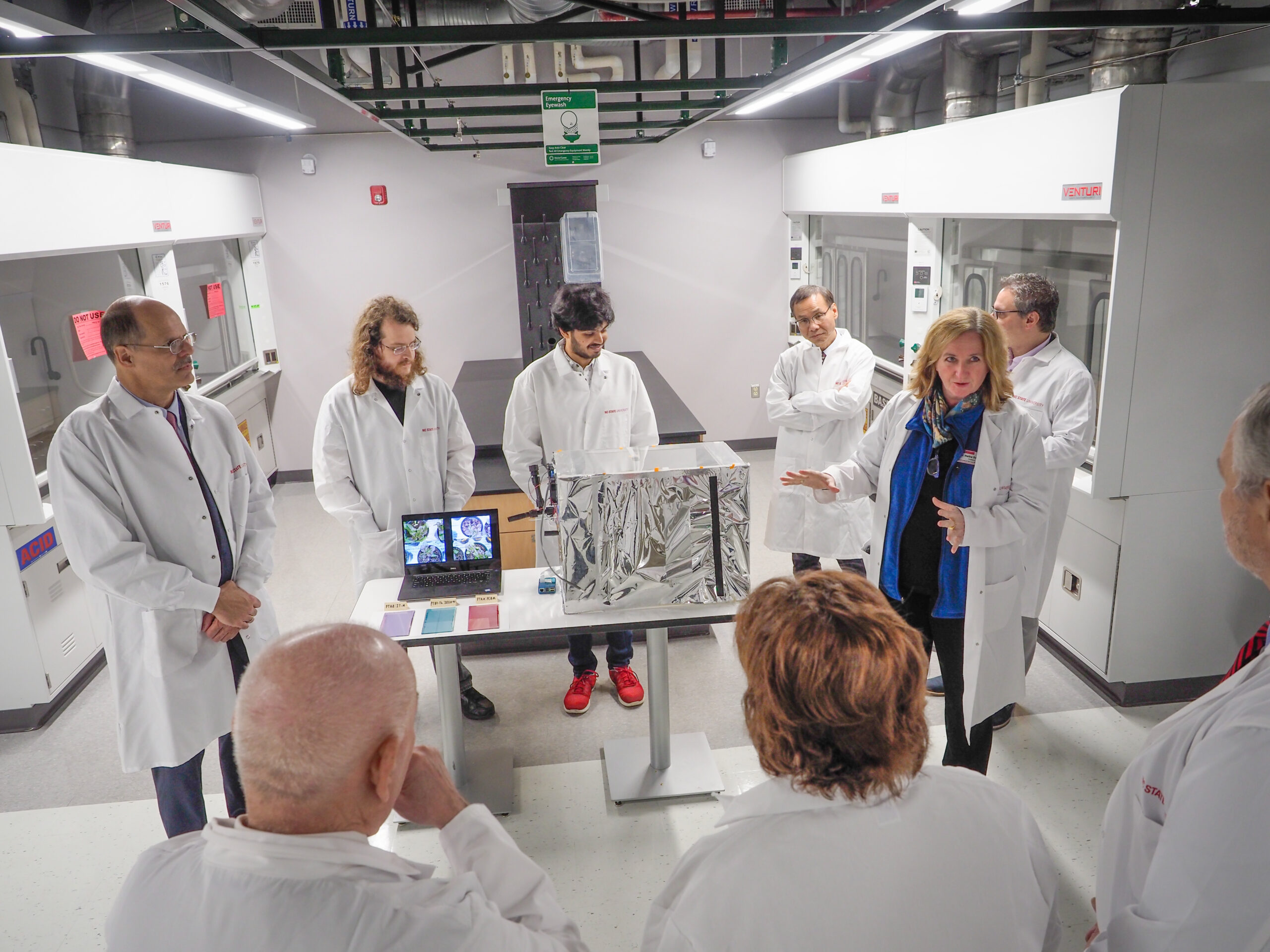New Materials Yield Record Efficiency Polymer Solar Cells
 Researchers from North Carolina State University and Hong Kong University of Science and Technology have found that temperature-controlled aggregation in a family of new semi-conducting polymers is the key to creating highly efficient organic solar cells that can be mass produced more cheaply. Their findings also open the door to experimentation with different chemical mixtures that comprise the active layers of the cells.
Researchers from North Carolina State University and Hong Kong University of Science and Technology have found that temperature-controlled aggregation in a family of new semi-conducting polymers is the key to creating highly efficient organic solar cells that can be mass produced more cheaply. Their findings also open the door to experimentation with different chemical mixtures that comprise the active layers of the cells.
In a paper published today in Nature Communications, Ade, Ma and a team of chemists from the Hong Kong University of Science and Technology led by He Yan show that size scale and aggregation within these devices are strongly temperature dependent. They also show that record efficiencies of up to 10.8 percent – as opposed to the currently published 9.8 percent – are achievable with the substitution of numerous fullerenes. Additionally, this performance can be achieved in thick film devices.
- Categories:


